Prepare effectively for the Mental Health Nursing Exam 1 2025 with this targeted practice test, featuring 60 NCLEX-style questions and expert rationales to ensure your success. Designed for nursing students and professionals, this resource focuses on key mental health nursing concepts, including therapeutic communication, psychiatric disorders, crisis intervention, and psychopharmacology, all aligned with the 2025 exam standards. Each question is crafted to mirror the NCLEX format, accompanied by detailed, expert-verified rationales to deepen your understanding and sharpen your critical thinking skills. Ideal for NCLEX preparation, mental health nursing certification, or classroom exams, this practice test helps you identify strengths, address knowledge gaps, and build confidence. Master mental health nursing principles and achieve your goals with this essential 2025 practice resource.
Preview
A young female member in a therapy group says to an older female member, “You are just
like my mother, always trying to control me with your observations and suggestions.” Which
therapeutic factor of a group is evident by this behavior?
a. Instillation of hope
b. Existential resolution
c. Development of socializing techniques
d. Corrective recapitulation of the primary family group – – correct ans- -ANS: D
The younger patient is demonstrating an emotional attachment to the older patient that
mirrors patterns within her own family of origin, a phenomenon called corrective
recapitulation of the primary family group. Feedback from the group then helps the
member gain insight about this behavior and leads to more effective ways of relating to her
family members. Instillation of hope involves conveying optimism and sharing progress.
Existential resolution refers to the realization that certain existential experiences such as
death are part of life, aiding the adjustment to such realities. Development of socializing
techniques involves gaining social skills through the group’s feedback and practice within
the group.
During group therapy, one patient says to another, “When I first started in this group, you
were unable to make a decision, but now you can. You’ve made a lot of progress. I am
beginning to think that maybe I can conquer my fears too.” Which therapeutic factor is
evident by this statement?
a. Hope
b. Altruism
c. Catharsis
d. Cohesiveness – – correct ans- -ANS: A
The patient’s profession that he may be able to learn to cope more effectively reflects hope.
Groups can instill hope in individuals who are demoralized or pessimistic. Altruism refers
to doing good for others, which can result in positive feelings about oneself. Catharsis
refers to venting of strong emotions. Cohesion refers to coming together and developing a
connection with other group members.
During a group therapy session, a newly admitted patient suddenly says to the nurse, “How
old are you? You seem too young to be leading a group.” Select the nurse’s most
appropriate response.
a. “I am wondering what leads you to ask. Please tell me more.”
b. “I am old enough to be a nurse, which qualifies me to lead this group.”
c. “My age is not pertinent to why we are here and should not concern you.”
d. “You are wondering whether I have enough experience to lead this group?” – – correct
ans- -ANS: D
A question such as this is common in the initial phase of group development when
members are getting to know one another, dealing with trust issues, and testing the leader.
Making explicit the implied serves to role model more effective communication and
prompts further discussion of the patient’s concern. Asking the patient to tell the leader
more about the question focuses on the reason for the member’s concern rather than on
the issue raised (the experience and ability of the leader) and is a less helpful response. “I
am old enough to be a nurse” and “age is not pertinent” are defensive responses and fail to
address the patient’s valid concern.
like my mother, always trying to control me with your observations and suggestions.” Which
therapeutic factor of a group is evident by this behavior?
a. Instillation of hope
b. Existential resolution
c. Development of socializing techniques
d. Corrective recapitulation of the primary family group – – correct ans- -ANS: D
The younger patient is demonstrating an emotional attachment to the older patient that
mirrors patterns within her own family of origin, a phenomenon called corrective
recapitulation of the primary family group. Feedback from the group then helps the
member gain insight about this behavior and leads to more effective ways of relating to her
family members. Instillation of hope involves conveying optimism and sharing progress.
Existential resolution refers to the realization that certain existential experiences such as
death are part of life, aiding the adjustment to such realities. Development of socializing
techniques involves gaining social skills through the group’s feedback and practice within
the group.
During group therapy, one patient says to another, “When I first started in this group, you
were unable to make a decision, but now you can. You’ve made a lot of progress. I am
beginning to think that maybe I can conquer my fears too.” Which therapeutic factor is
evident by this statement?
a. Hope
b. Altruism
c. Catharsis
d. Cohesiveness – – correct ans- -ANS: A
The patient’s profession that he may be able to learn to cope more effectively reflects hope.
Groups can instill hope in individuals who are demoralized or pessimistic. Altruism refers
to doing good for others, which can result in positive feelings about oneself. Catharsis
refers to venting of strong emotions. Cohesion refers to coming together and developing a
connection with other group members.
During a group therapy session, a newly admitted patient suddenly says to the nurse, “How
old are you? You seem too young to be leading a group.” Select the nurse’s most
appropriate response.
a. “I am wondering what leads you to ask. Please tell me more.”
b. “I am old enough to be a nurse, which qualifies me to lead this group.”
c. “My age is not pertinent to why we are here and should not concern you.”
d. “You are wondering whether I have enough experience to lead this group?” – – correct
ans- -ANS: D
A question such as this is common in the initial phase of group development when
members are getting to know one another, dealing with trust issues, and testing the leader.
Making explicit the implied serves to role model more effective communication and
prompts further discussion of the patient’s concern. Asking the patient to tell the leader
more about the question focuses on the reason for the member’s concern rather than on
the issue raised (the experience and ability of the leader) and is a less helpful response. “I
am old enough to be a nurse” and “age is not pertinent” are defensive responses and fail to
address the patient’s valid concern.
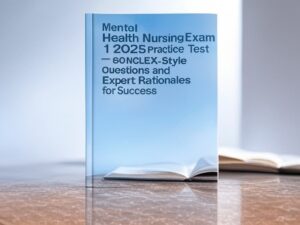
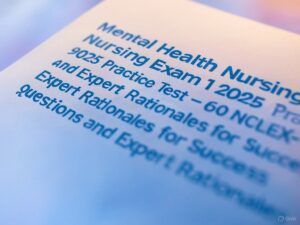


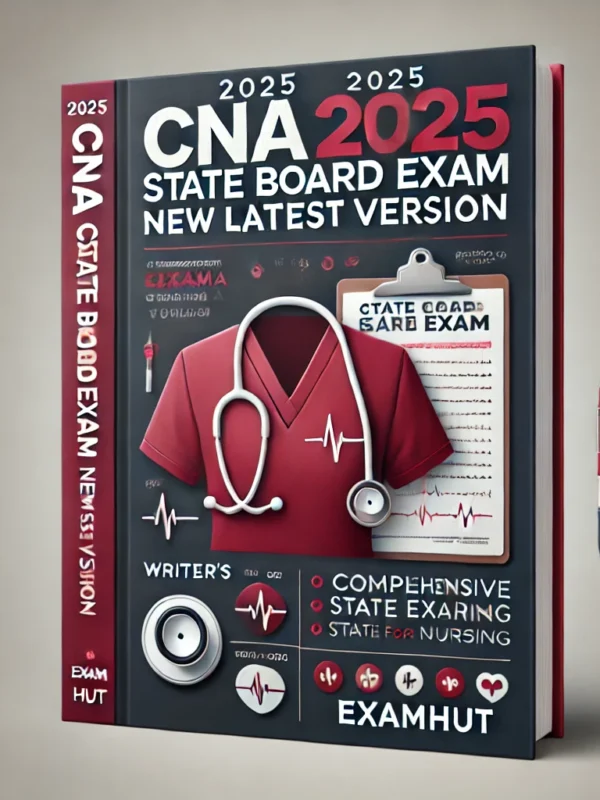

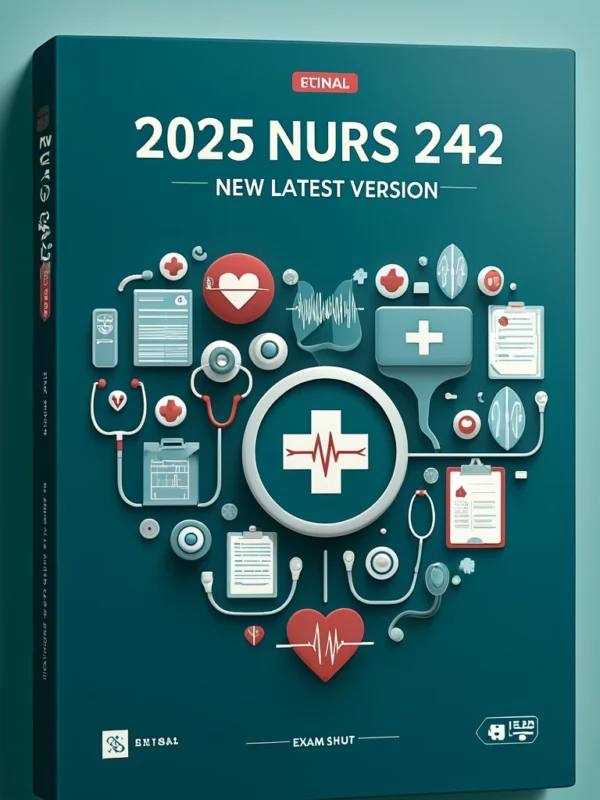

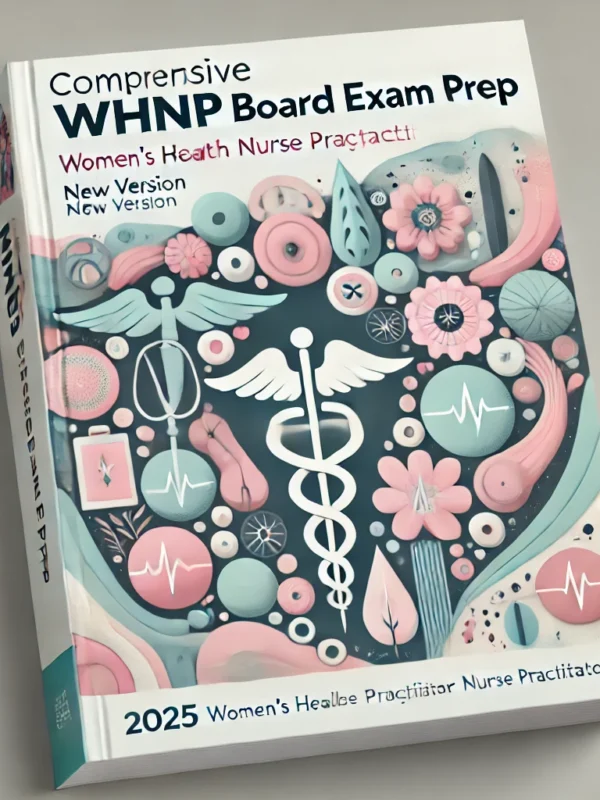
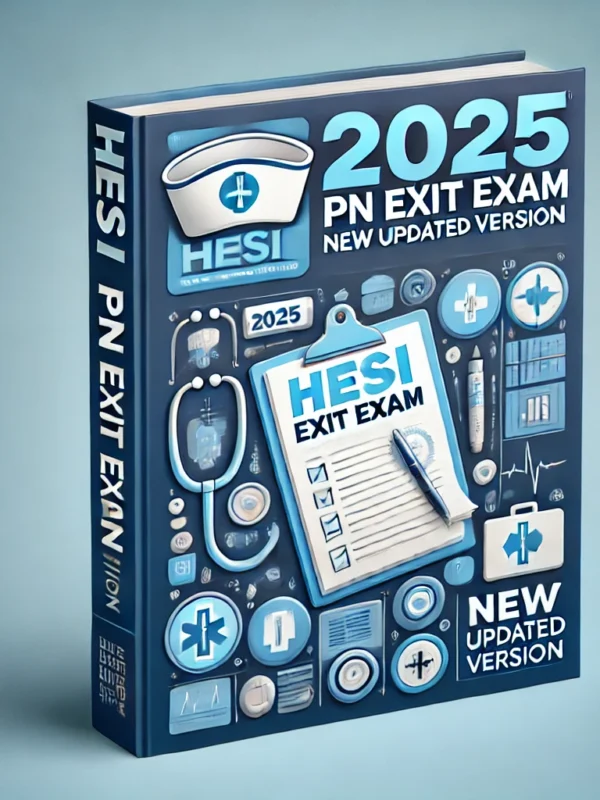

Reviews
There are no reviews yet.